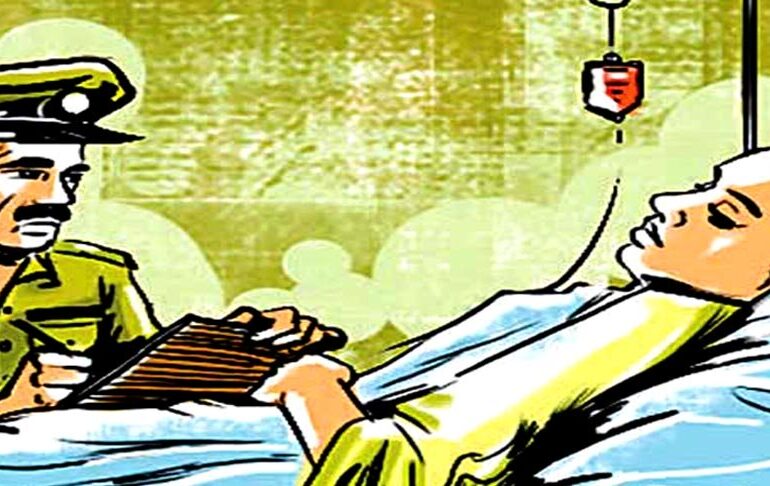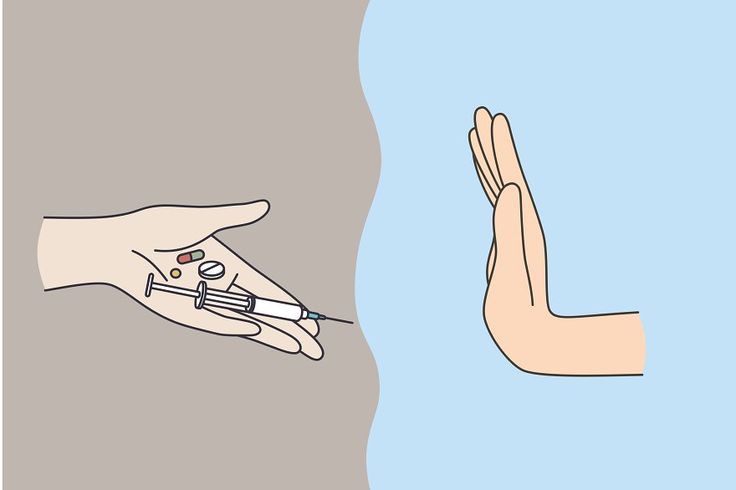Narco Analysis The term “narco-analysis” comes from the Greek word “marks,” which means “anaesthesia” or “torpor,” and it refers to a diagnostic and psychotherapeutic approach that uses psychotropic drugs, particularly barbiturates, to induce a coma…
READ MORE
The basic meaning of warrant is a document signed by a legal or government representative granting permission for the police or another organization to conduct a search or make an arrest as part of the…
READ MORE
Committal proceedings are court appearances held in the Magistrates’ Court to determine if there is enough evidence against a defendant charged with a major criminal offense to compel them to stand trial in a higher…
READ MORE
A protest petition is a submission made to the court by the victim or an informant to object against the police’s closure report in a particular case either during the course of the police investigation…
READ MORE
There are more than 11.5 million prisoners in the globe according to the latest World Prison Population List, published in December 2021. Prisons serve as places of imprisonment and detention for those who commit heinous…
READ MORE
“The issue of bail is one of liberty, justice, public safety and burden of the public treasury, all of which insist that a developed jurisprudence of bail is integral to a socially sensitized judicial process”….
READ MORE
INTRODUCTION Bail is an integral part of the criminal justice system in most nations across the globe, including India. Bail is a way to ensure that the accused is present before the court for trial,…
READ MORE
Introduction The Narcotic Drugs and Psychotropic Substances Act (NDPS Act), 1985 was given with the intent of ruling drug abuse and stopping the use, dispersion, production, and work of drugs. Narcotic drugs are those that…
READ MORE

Introduction: Under the Criminal Procedure Code, 1973, the Discharge Application is the remedy that is granted to the person who has been maliciously charged. If the allegations which have been made against him are false, this Code provides the provisions for filing a discharge application. If the evidence given before the Court is not sufficient to satisfy the offence and in the absence of any prima facie case against him, he is entitled to be discharged. Classification of Criminal Cases: The two major classifications of criminal cases under the Code of Criminal Procedure are: 1.Cases instituted on the basis of a police report (Sections 238,243). 2. Cases instituted otherwise than on police report based on the complaint (Sections 244,247). There are four types of the trial procedures provided under Cr.P.C.: Summary trials (Sections 260,265), Trial of summons cases by Magistrates (Sections 251,259), Trial of warrant cases by Magistrates (Sections 238,250) Trial before a court of Sessions (Sections 225,237). The procedure of warrant cases is used for the trial of warrant cases by the Magistrates and the trial before the court of sessions. Whereas trial of summons cases by Magistrates and summary trials are tried in a summons case trial. Discharge of accused in warrant cases on the basis of a police report. The regular procedure of law …
READ MORE
Rights to know the grounds of arrest 1. Article 22 of the Constitution of India deals with the protection against arrest and detention in certain cases- No person who is arrested shall be detained in…
READ MORE










